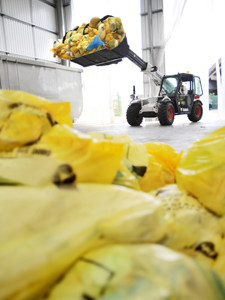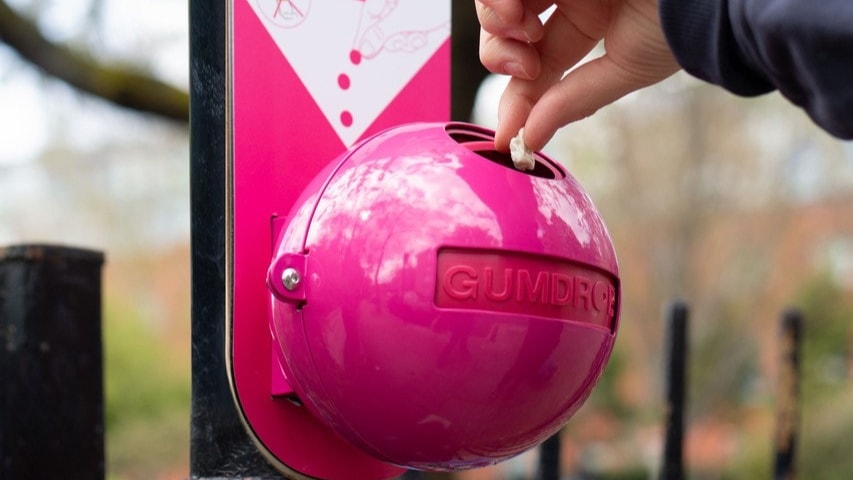Zero Waste Scotlands Evaluation of the Absorbent Hygiene Product Collection Trials in Scotland looked at the pilot scheme conducted over a six month period last year in Fife, North Lanarkshire, Perth and Kinross, and Stirling councils.

The trials, which were also organised and funded by Zero Waste Scotland, saw a total of 567 households across the four local authorities opt to participate in the trials.
Nappies and absorbable hygiene products (AHP), comprised of a mixture of plastics and fibre-based material, can be shredded and separated once sterilised. The fibre can be used in construction of animal bedding and plastics used to make roof tiles, plastic lumber or recycling bins.
Its findings suggest kerbside collections performed better and were more acceptable than collection points, while customer satisfaction was high regardless of container type.
It also discovered householders were motivated to use the collection service due to their environmental benefits with an average of 72-82% who opted-in to the trial continuing to use it.
The report went on to recommend that kerbside collection should be offered on a weekly basis, with an AHP collection container providing additional capacity in the residual bin.
Commenting on the success of the trials, Zero Waste Scotland explained if collections do become widespread it could present an economic case for the construction of specialist nappy recycling facilities in Scotland that would create green jobs.
Benefits
Director of Zero Waste Scotland, Iain Gulland, said: Its great that parents have taken so well to these nappy recycling schemes. It shows that people want to recycle because they know its good for the environment and can reduce the amount we send to landfill.
When it becomes possible for people to recycle things like dirty nappies we have to believe that our vision of a zero waste society really can be achieved.
Environment Secretary Richard Lochhead added: Disposable nappies have a huge impact on the environment with a staggering 450,000 ending up in landfill each day in Scotland. The innovative nappy recycling trial scheme has been well received by parents and Id encourage all local authorities to look at the results, and work with Zero Waste Scotland and the recycling industry to explore the opportunities further.
Our vision for Zero Waste is about getting people to reduce waste and recycle more, but its also about keeping more of the value from recycling within our own economy.
By working together to embrace new technologies, we not only create jobs but also reuse waste and treat it as a valuable resource.”
Valuable
There are currently no nappy recycling plants in the UK, after Knowastes 36,000 tonne-a-year facility in West Bromwich closed its doors in May this year (see letsrecycle.com story).
Related Links
However, New Zealand company Envirocomp recently announced plans to open a facility in Rochester, Kent this autumn. The 1,800 tonne-a-year capacity plant will source disposable nappies, incontinence pads and feminine hygiene products from contractor Cannon Hygiene, but the company has no present plans to accept waste from local authorities (see letsrecycle.com story).








Subscribe for free